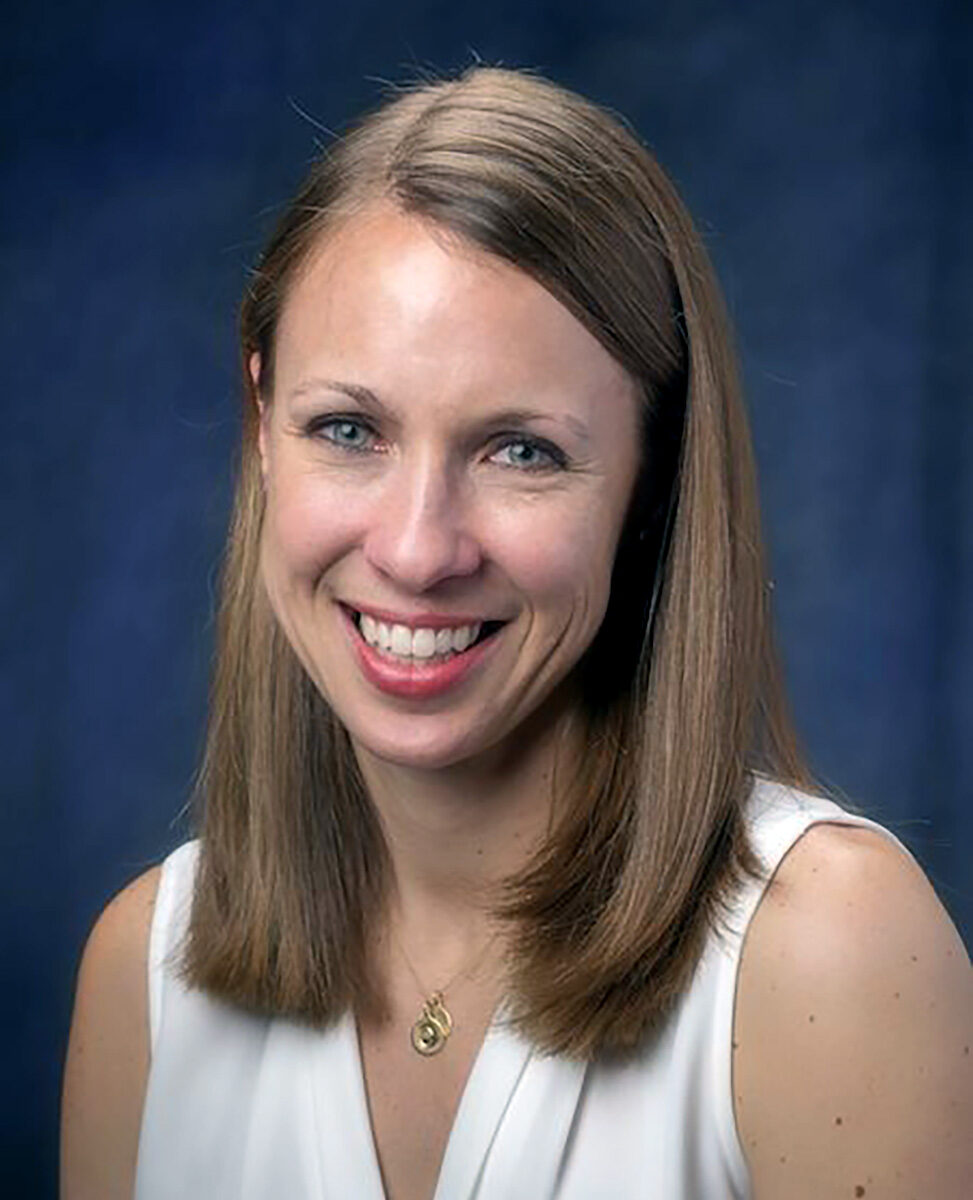Civic Life School Announces Inaugural Faculty
Posted on Oct. 11, 2023
Sarah Treul Roberts has been named interim director and dean of the School of Civic Life and Leadership (Photo: UNC)
UNC leaders announced Oct. 6 the inaugural faculty for the School of Civic Life and Leadership, the creation of which continues to be questioned by some faculty.
Sarah Treul Roberts, director of the Program for Public Discourse and a Bowman and Gordon Gray Distinguished Term Professor in political science, has been named interim director and dean of the new school, which will house the Program for Public Discourse, a curriculum hosting public debates and training that aim to teach students how to participate in democratic discussion. A national search will be launched to permanently fill the director and dean position.
The nine faculty members that will teach at the school are:
- Inger Brodey, associate professor of English and comparative literature
- Kurt Gray, professor of psychology and neuroscience
- Fabian Heitsch, professor of physics and astronomy
- Mark Katz, Distinguished Professor of music
- Matthew Kotzen ’22 (JD), professor of philosophy
- Christian Lundberg, associate professor of communication
- Jason Roberts, professor of political science
- Molly Worthen, associate professor of history
In May, Chancellor Kevin Guskiewicz announced that Rory Hanlon, a philosophy professor from the University of Chicago, had joined the Program for Public Discourse.
The School of Civic Life and Leadership, created after the UNC Board of Trustees passed a resolution in January, aims to increase students’ capacities for debate and deliberation with the goal of developing better citizens and leaders. The school aims to hire 20 dedicated faculty members — some from UNC and some from other universities — and will build off the Program for Public Discourse, which involves discussion among students and faculty from different backgrounds and political perspectives who have divergent ideas about how to save democracy, solve climate change or improve race relations. Some faculty and an accreditation organization have questioned the need for the school, its political motivations and the speed in which it was approved and is being assembled.
Jim White, dean of the College of Arts and Sciences, said at the Oct. 6 Faculty Council meeting the faculty appointments are effective immediately. The professors will split their time between the School of Civic Life and Leadership and the departments they currently work in, he said.
White charged the nine faculty members with defining a vision, developing curriculum and building the school’s administrative infrastructure before it completes hiring faculty exclusive to the school.
“These faculty have my gratitude for agreeing to take on this endeavor and the extra responsibilities it entails, especially in the middle of the semester and with a timeline that is accelerated beyond the norm for establishing a new school,” White said in an email to the College of Arts and Sciences.
White also emphasized the creation of the school will be driven by the inaugural faculty. “I have every confidence that the foundational work done by our pioneering nine will lead to a school that showcases Carolina’s strengths in discourse, civic life and democracy,” he said.
Some faculty members expressed skepticism that the initial faculty members will drive the creation of the curriculum and hiring of staff, saying the formation of the school is being “pushed down” from the North Carolina Legislature to tell students what to think rather than allowing them to exercise freedom of thought. Some faculty also expressed concern that the state legislature will influence faculty as it develops the school’s vision and curriculum.
“I’m a little concerned given the way it [the school of civic life] began, that there will continue to be a significant amount of influence from the state legislature,” said Allison Schlobohm ’10 (MA, ’16 PhD), an associate professor at Kenan Flagler Business School. She asked White, “Is that something you’ve considered and have any words to allay my fears?”
Sue Estroff, a professor of social medicine, asked White whether “there will be other schools created and mandated by the Board of Trustees and the state legislature?”
White said the faculty members’ concerns were valid but added faculty should wait to see how the school develops. “I hope we are given the time and space needed to show what we can do at this great University,” he said. “I think in the end, it’s going to be our work, our accomplishments that make people look back and say, ‘OK. That’s fine. We aren’t going to micromanage this anymore.’ ”
— Cameron Hayes Fardy ’23
